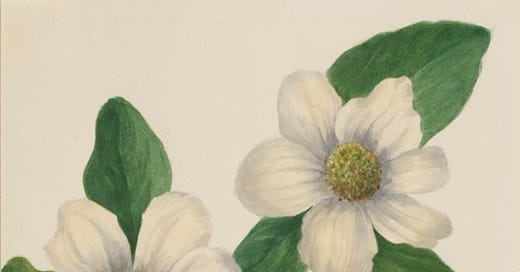
We know Willa Cather (1873–1947) primarily as a novelist and master of the short story. Her fiction, set in unsparing American landscapes, finds lyricism in those landscapes and in the visionary people whose lives unfold there: priests, artists, ordinary men and women who long for more beauty, love, and meaning than their places in the world readily afford them. Cather was the author of twelve novels, including the 1923 Pulitzer Prize-winning One of Ours, plus five books of short fiction published in her lifetime.
What we tend not to know, or tend too easily to forget, is that Cather also published two books of poetry. Rather, she published one book, the 1903 April Twilights, with a 1923 expanded reissue, April Twilights and Other Poems. Compared with the body of her work in fiction, her verse output is small, overshadowed by her other achievements. Yet we really can’t relegate Cather to the category of the amateur poet, the generally competent perso…
Keep reading with a 7-day free trial
Subscribe to Poems Ancient and Modern to keep reading this post and get 7 days of free access to the full post archives.



